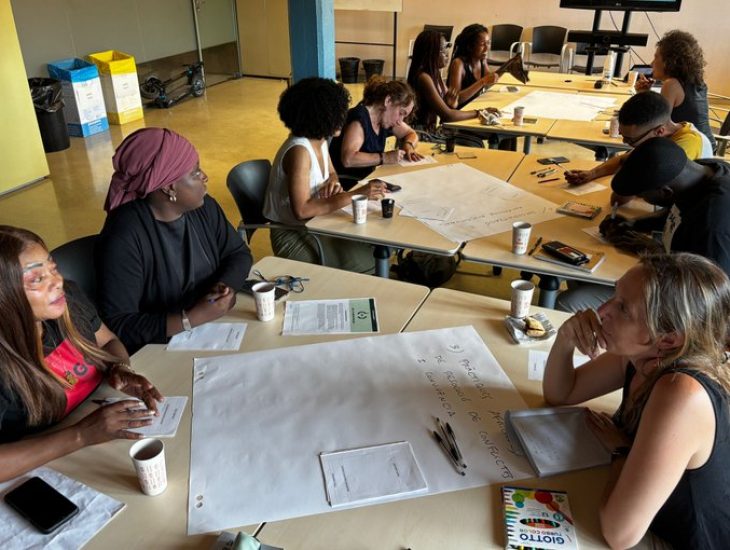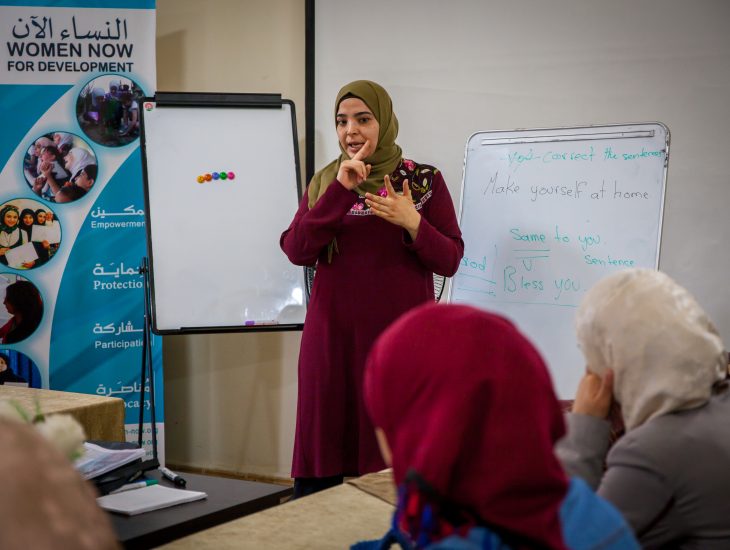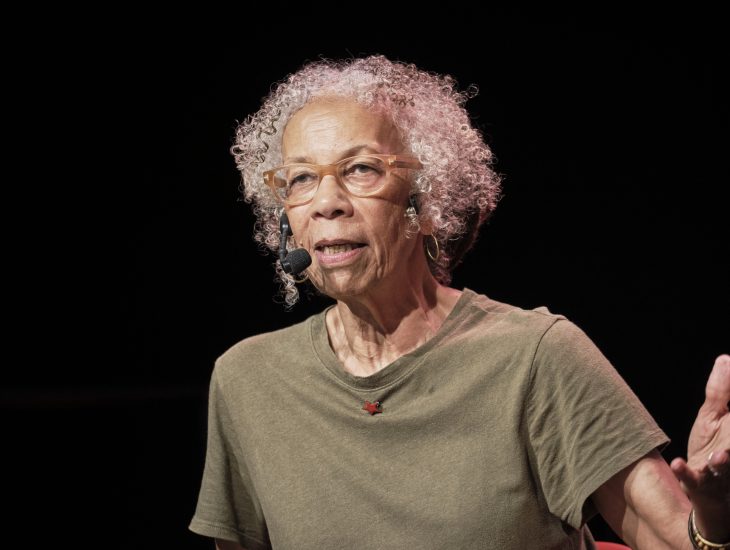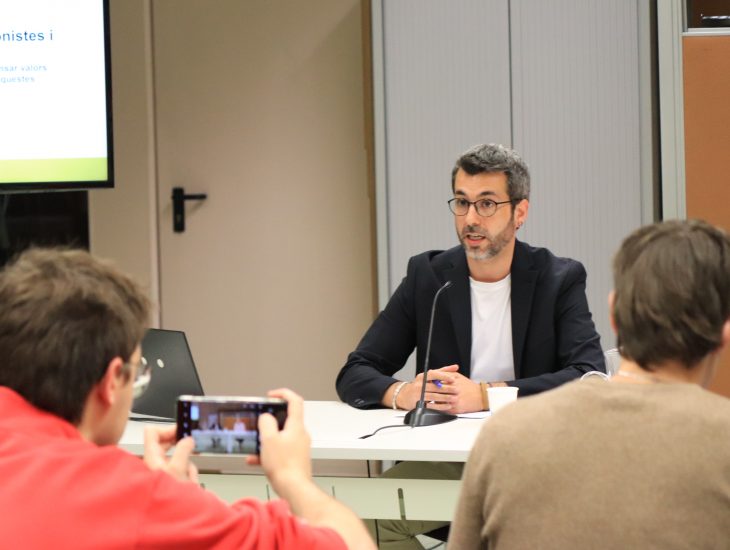In November, ICIP hosted the first preparatory meeting for the work of Colombia’s Commission for the Clarification of the Truth in Europe, headed by Commissioner Carlos Martín Beristain, a doctor specializing in psychosocial care for victims of conflicts. The meeting took place on 9-10 November at the ICIP Library and brought together thirty participants from seven different countries. Among them were organizations of exiled victims of the conflict, academics, and representatives of European organizations that work for peace and human rights and that are knowledgeable about the conflict and the peacebuilding process in Colombia. Participating organizations included Swisspeace, ASK Working Group Switzerland-Colombia, Réseau France Colombie Solidarités, Iglesia Sueca and la Fundación Sueca para los Derechos Humanos, Kolko-Human Rights for Colombia, OIDHACO, Taula Catalana Coordinating Group for Peace and Human Rights in Colombia, International Victims Forum, Creating Memory Collective, Mujer Diáspora, Migrant and Exiled Women’s Collective, and Constituyente de Exiliados.
During the meeting, the Commissioner presented the international mandate of the Commission, which requires working with the population that had to leave the country because of the armed conflict. This is an innovative mandate, unprecedented in other truth commissions, which implies establishing a presence in at least 16 countries with the goal of documenting a thousand cases in Europe. The Commission’s mandate aims to promote the active role of victim organizations and at the same time work with non-organized victims in order to create a representative framework for the phenomenon of exile. At the same time, the Commission’s work implies guaranteeing assistance and psychosocial support for the victims, building confidence among the parties involved, recognizing diversity and incorporating a gender approach.
The organizations participating in the meeting presented the work done in relation to the Colombian peace process and the support of victims, which enabled a mapping of the current situation in various European countries. Afterwards, there was a discussion on the proposal of activities in support of the Commission. The President of the Commission, Father Francisco de Roux, also participated in the meeting via video conference.
22.01.2018




